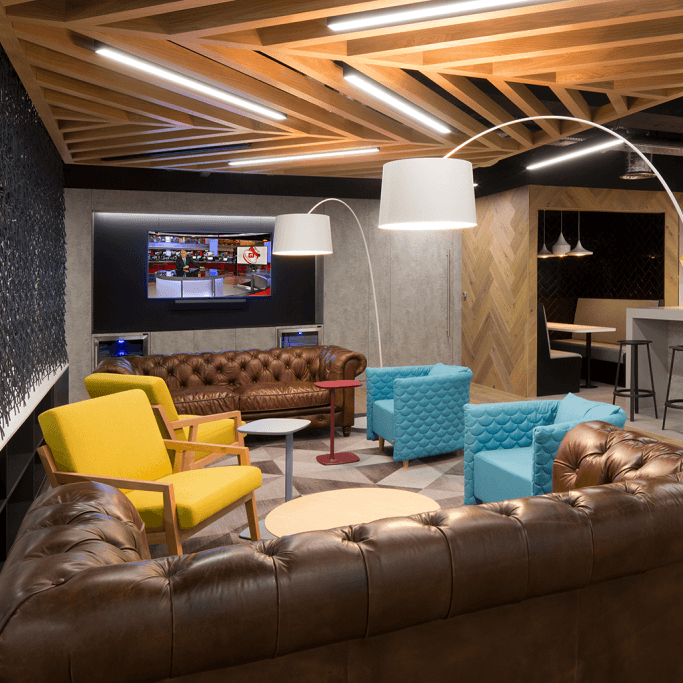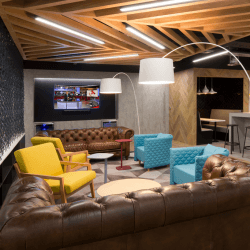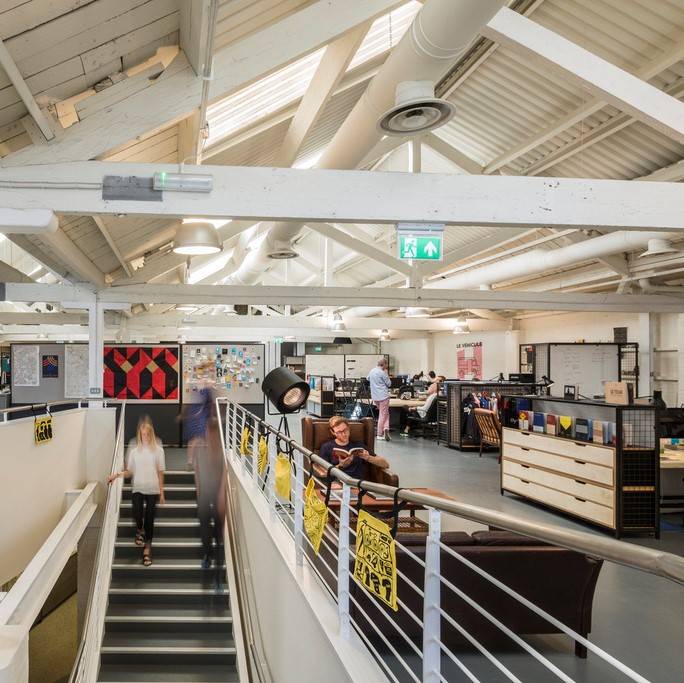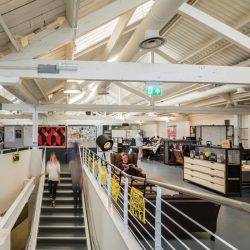December 17, 2018
More than half of employees have experienced some form of workplace bullying
 More than half (52 percent) of employees in global organisations have encountered workplace bullying and felt psychologically unsafe at work, according to a new study conducted by City & Guilds Group. The report also claims that only one in ten firms proactively take steps to support staff mental health, and found a major discrepancy in how senior management and employees view psychological safety in the workplace. Almost all of respondents surveyed (94 percent) said that they consider psychological safety to be “important”, but just 10 percent of businesses are seen to treat it as a priority. In part this seems down to confusion over accountability; almost half (43 percent) of senior management expect HR to deal with the psychological safety of employees at work, while the majority of employees (56 percent), believe line managers and senior management should take the lead.
More than half (52 percent) of employees in global organisations have encountered workplace bullying and felt psychologically unsafe at work, according to a new study conducted by City & Guilds Group. The report also claims that only one in ten firms proactively take steps to support staff mental health, and found a major discrepancy in how senior management and employees view psychological safety in the workplace. Almost all of respondents surveyed (94 percent) said that they consider psychological safety to be “important”, but just 10 percent of businesses are seen to treat it as a priority. In part this seems down to confusion over accountability; almost half (43 percent) of senior management expect HR to deal with the psychological safety of employees at work, while the majority of employees (56 percent), believe line managers and senior management should take the lead.







 Technology is in the process of transforming almost every aspect of society, with change happening at an “accelerating rate,” and this is being made possible due of simultaneous rapid advances in several key areas of technology. This is according to a new White Paper on
Technology is in the process of transforming almost every aspect of society, with change happening at an “accelerating rate,” and this is being made possible due of simultaneous rapid advances in several key areas of technology. This is according to a new White Paper on 
 Generation Z, the latest generation to enter the workforce, are more likely to be motivated by job satisfaction and working for social good than by money, a new report claims According to new research from Huawei, in partnership with Chris Brauer, Director of Innovation at Goldsmiths, University of London, based on responses from 2,000 18-25-year olds’ across the UK, also reveals that a new tribe of working professionals among Gen Z is emerging, the ‘New Working Order’.
Generation Z, the latest generation to enter the workforce, are more likely to be motivated by job satisfaction and working for social good than by money, a new report claims According to new research from Huawei, in partnership with Chris Brauer, Director of Innovation at Goldsmiths, University of London, based on responses from 2,000 18-25-year olds’ across the UK, also reveals that a new tribe of working professionals among Gen Z is emerging, the ‘New Working Order’. 























December 7, 2018
Seven reasons why this will not be the office of the future
by Mark Eltringham • Comment, Facilities management, Furniture, Workplace design
(more…)